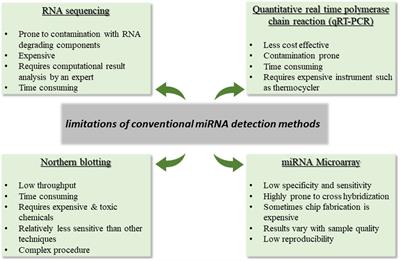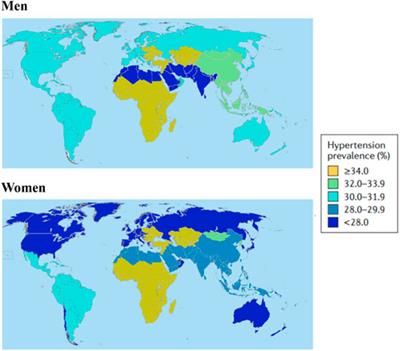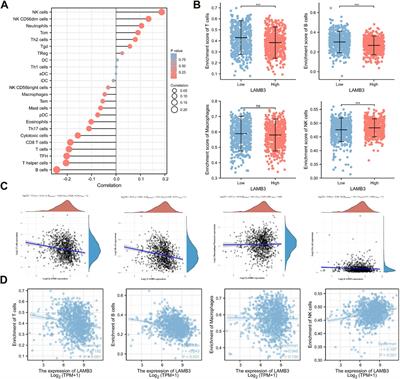ORIGINAL RESEARCH
Published on 15 May 2024
MicroRNA as a promising molecular biomarker in the diagnosis of breast cancer

doi 10.3389/fmolb.2024.1337706
- 1,940 views
- 2 citations
2,791
Total downloads
10k
Total views and downloads
ORIGINAL RESEARCH
Published on 15 May 2024

REVIEW
Published on 16 Apr 2024

REVIEW
Published on 12 Oct 2023

ORIGINAL RESEARCH
Published on 27 Jul 2023
